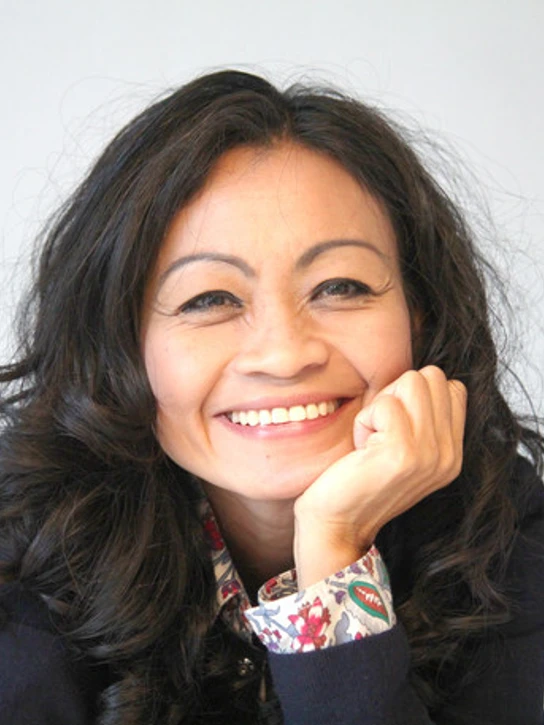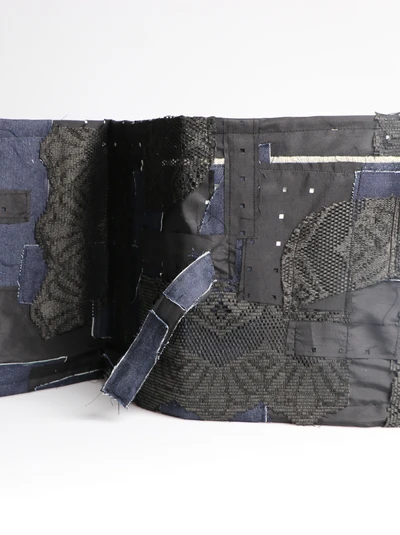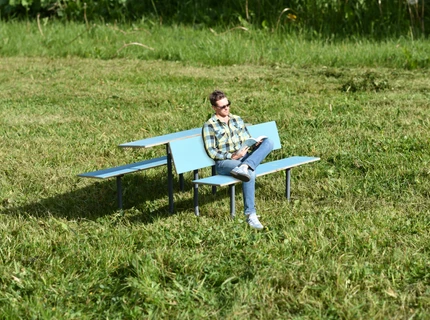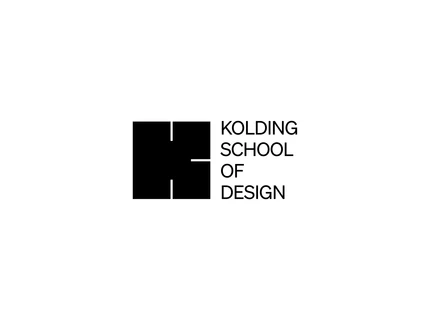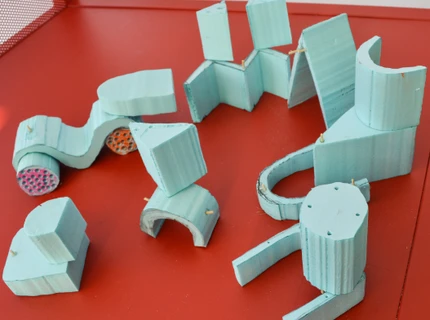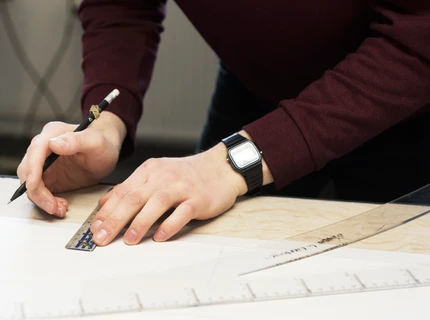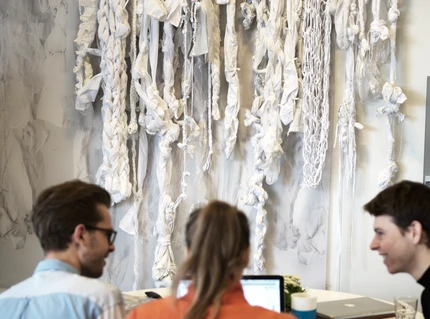Design for People (MA)
- Semester start
- August / September
- Registration deadline
- 1st of March at 12.00 PM (CET)
- Duration
- 2 years (120 ECTS)
- Admission requirements
- Application
- Location
- Kolding School of Design
- Instruction language
- English
Why should I choose Design for People?
Students from all four of the school's own bachelor's programmes will be accepted as well as students from other disciplines who meet the admission criteria by showing a design understanding equivalent to the level of a bachelor’s degree in design.
As a student at Design for People, you must be able to master a design process and activate design methods to develop design projects within the design disciplines of Industrial Design, Communication Design, Fashion Design, Textile Design or Accessory Design under the theme of MA People programme.
Projects at Design for People, take point of departure in peoples' needs and behavior. A design student at Design for People must have the inclination, will and courage to conduct different types of real life user studies as means for qualifying their design project.

Why is Design for People important?
Globally, we find ourselves in a time when new ways of doing things are needed as never before. There is an urgent need for inventing new products and services that can solve specific challenges and for systems, processes or methods that can change impractical behaviour and deadlocked situations.
The design profession needs to be a partner in this development, and the world needs new ways of design thinking and design doing to come up with new suggested solutions to complex issues (wicked problems). Designers, must therefore, participate actively in the challenges we are facing both right now and in the future.
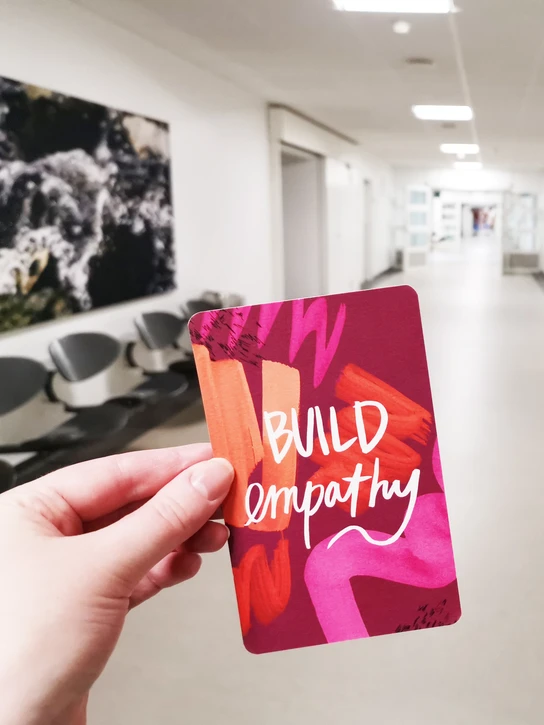
What will I learn?
You learn to
- use stakeholder involvement as a foundation for better design solutions
- master complexity when designing within the human, social and societal challenges
- design relations for improved living conditions
We work within different domains where design can have a social impact through thematic approaches such as: empathic design, critical design, speculative design, participatory design, co-design and transformative design. You will explore new and concrete ways to address visions of a socially sustainable future by focusing on design, users, stakeholders, creativity, empathy, ethics, complex problem solving, and critical thinking.
In Design for People we see a huge potential for designers to take part in the technological development. A designer from People will be skilled to enter the complex space between people and technology, with the aim to make new technology desirable for future users.
As a student you will be equipped with knowledge, and skills to challenge the status quo and point towards a more socially sustainable future.
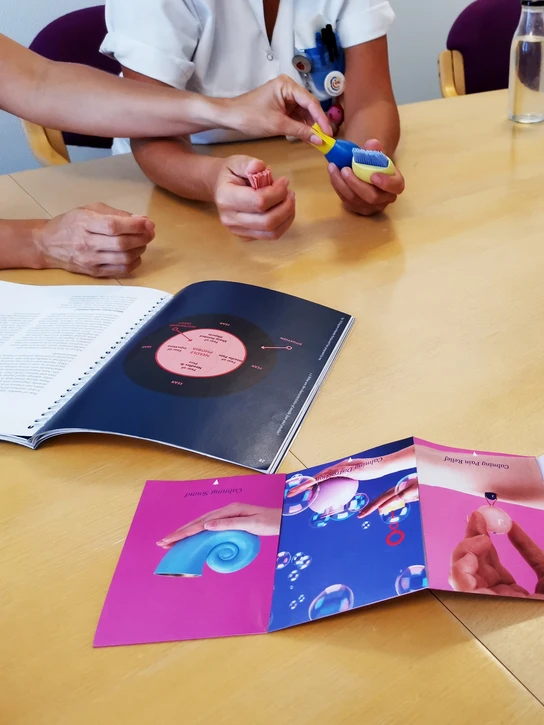
How will I learn?
The curriculum of Design for People includes design of products, services, methods, processes, systems and experiences that make new suggestions to improve or challenge existing solutions or conditions.
At Design for People, we encourage critical thinking about social agendas and integrate the core concept of design by focusing on how things ought to be. We collaborate with municipalities, NGOs, companies and institutions.
The instruction comprises a mixture of lectures, seminars, workshops and individual and group-based project work.

Courses you will meet at Design for People
What can you do with a Master's degree in Design for People?
Read the in-depth interviews with Kolding School of Design alumni, as they talk about their career journeys and the role their Master's degree has played a role in getting them where they are today.
